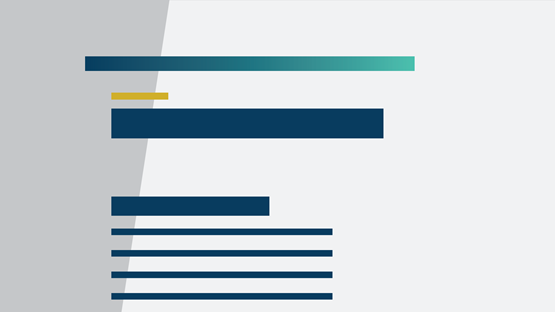Abstract
The way many dictators have been deposed in the 20th century resembles the way a parliamentary form of government emerged in 13th-century England. This medieval example is worth examining because the features that led to its political reform are particularly clear. Despite what many think, that reform cannot be understood simply as a shift in military power from ruler to subjects. Rather, understanding the reform requires understanding that the English king had recently acquired private information crucial to his subjects. Such private information became important after England lost Normandy to France, just before the king issued the Magna Carta (and publicly agreed to consult his subjects before taxing them). Under circumstances like these—when a threat to a society arises and significant private information about the threat develops—the society may need an arrangement for communication like parliament in order to attain economic efficiency.



